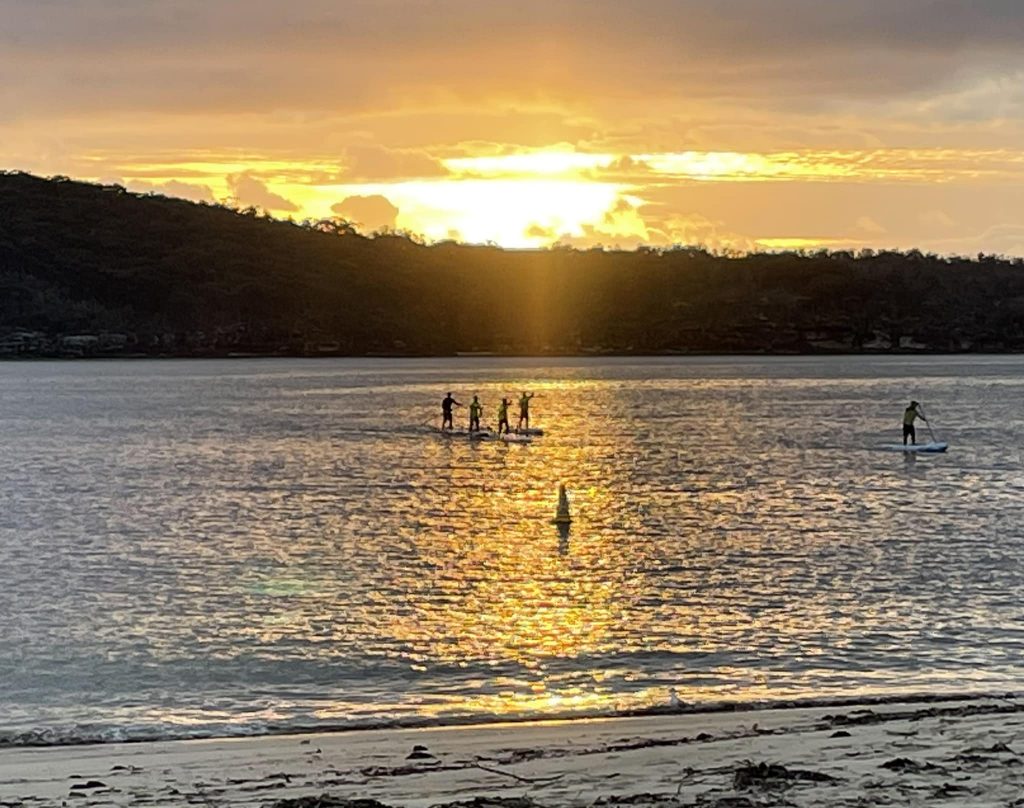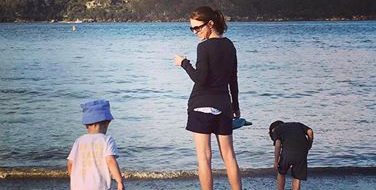
Yesterday, the boys’ school started back their ethics classes for the term. Last night, I zoomed into a meeting to speak briefly about the Neurodiversity Day a friend and I are planning for the school in a few weeks. All of which is to say I am now rehydrating after losing all that water through my armpits.
Some things never change; among them, my propensity to sweat profusely when speaking in front of people, no matter how large or small or young or old the group. No matter how many times I’ve done it before. My underarms have always been, are now, will always be, fire hydrants in these situations.
After I gave a rundown as to what the upcoming day will hold, my friend jumped in and asked the rest of the group if they were familiar with some of the words I’d used–neurodivergent and neurotypical chief among them–and we were met with some shaking heads and blank stares. I forget, often, that this language I’m learning is still foreign to so many. Which is really why we’re doing this–so it won’t be.
I can remember a time, not long enough ago, when “inclusive language” and pronouns and such would have sent my eyes toward the ceiling, maybe paired with an exasperated sigh for good measure. When the world seemed inclusive enough already because I had a reasonably comfortable spot in it. Then the boundaries between that world–the one where I am often centred, where my story doesn’t have to struggle to be heard–and a different one, those boundaries blurred, and I became used to inhabiting two places, in more ways than one. Geography aside, there is the world of those who can blend in, and those who stand out–and, in so doing, occupy the fringes.
Psychologically speaking, I am a fan of boundaries. I will throw down boundaries all day long to protect my mental health. But interpersonally? When they become walls to keep people on the outside? Well, they’re bullshit, and I’ve got a sledgehammer.
I mean, sort of. Figuratively. It’s made of words, and it sits next to my deodorant because I usually need both tools simultaneously. Inhabiting worlds besides the one I’ve always known requires learning a new language, and teaching it. “If we learn each other’s languages, I think that’s better,” says Hannah Gadsby, and I understand the reticence to do so. More than that, I recognise it: the glazed-over eyes, the patronising nod, the unfulfilled promises to “read up on that,” the nearly-audible bless your heart when I mention The Kid’s mental acuity.
Then there are those willing to learn, of which I was not one until I ran out of other options–until I sailed my ship of safety till I sank it, and crawled upon a new shore. The people who end up here are learning and fumbling and even sweaty like I am, but most importantly, they are willing. They are curious, and open, which means they’ve endured some bruising and some growing. They’ve got stories.
Learning this language, like all languages, requires repetition until the new becomes familiar. Until disabled becomes, as Little Brother says it, just different, and DUH, everyone knows that different means the opposite of BORING. Until Christmas can mean cold or hot. Until swimming means salt, not just chlorine, and church can happen in front of an altar or at the dog park. Fluency in languages spoken on islands that you never knew existed until you saw they were closer than you ever realised.
